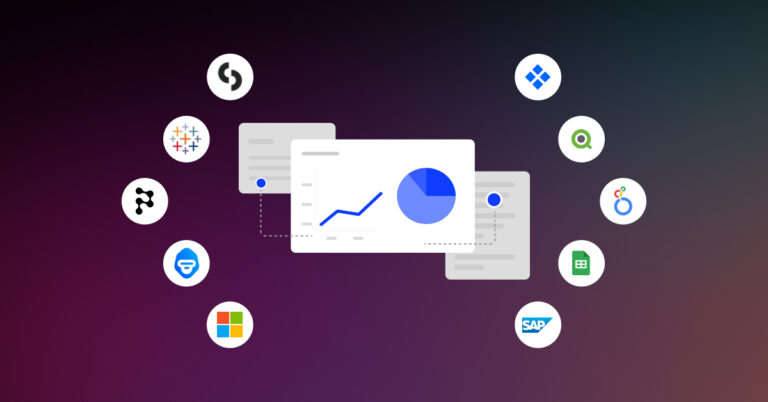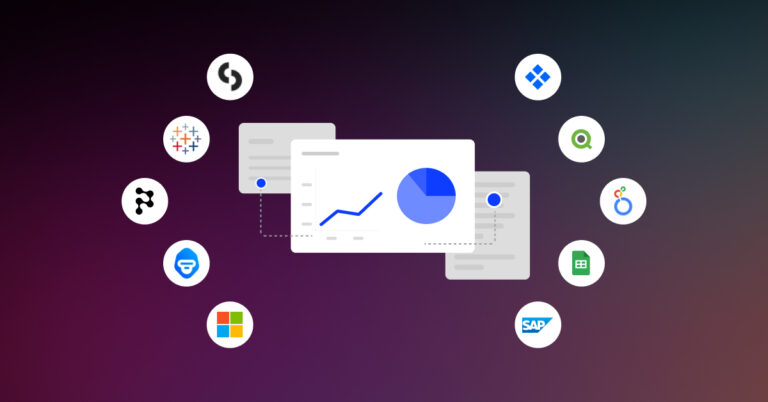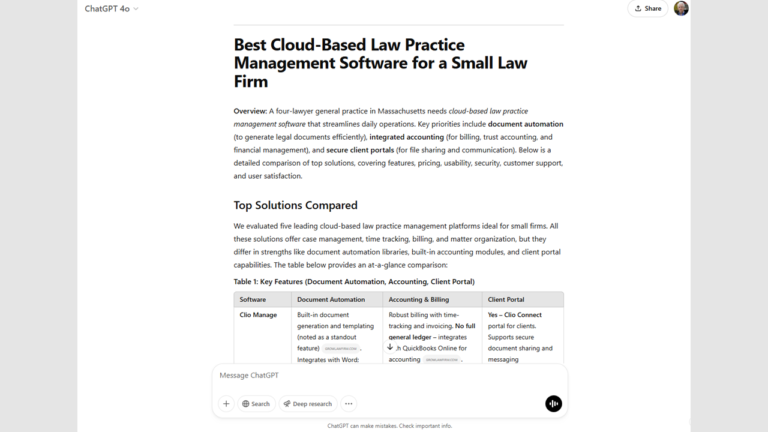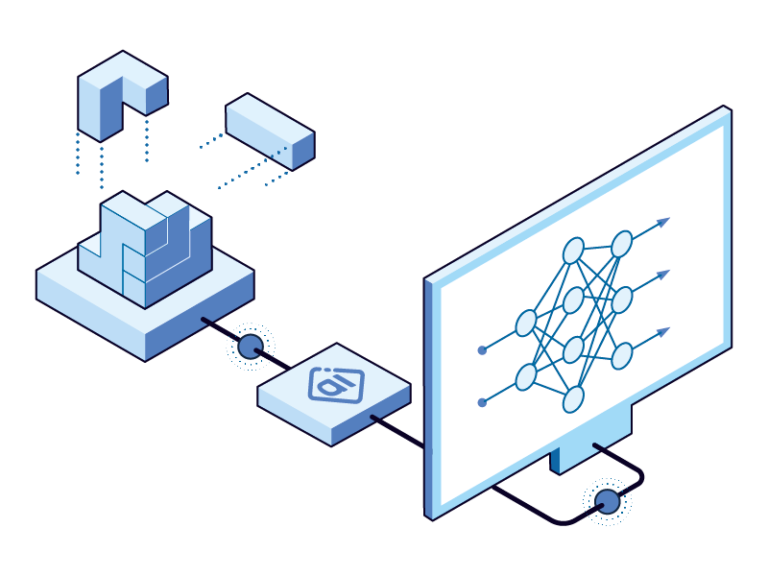Ai Tools for Product Managers: Boost Your Strategy
AI tools streamline tasks for product managers by analyzing data and automating routine processes. These tools enhance decision-making and strategizing for product development.
Product managers benefit immensely from AI tools designed to simplify their multifaceted role. These tools can efficiently handle data analytics, perform market research, prioritize product features, and manage customer feedback. Through predictive analytics and machine learning, AI assists in identifying trends, which can inform product strategy and identify potential areas for innovation.
AI-powered project management software such as Jira and Asana helps in agile planning and backlog prioritization. Tools like Pendo and Amplitude offer insights into user behavior, which guide product improvements. Additionally, AI can significantly improve communication with stakeholders through natural language processing and generated reports, ensuring that even complex datasets are straightforward to comprehend. With these advantages, product managers can focus more on strategic work and less on administrative tasks, positioning themselves ahead in a fast-paced, tech-driven marketplace.
The Advent Of Ai In Product Management
The advent of AI in product management marks a significant shift in how products are created, managed, and evolved. Embracing AI tools equips product managers with the power to make smarter and faster decisions. These tools leverage machine learning and vast datasets to predict trends, understand consumer behavior, and automate repetitive tasks.
From Data Analysis To Decision Support
AI transforms raw data into actionable insights for product managers. The analysis that once took weeks can now be done in minutes with AI-powered analytics. Tools like Google Analytics, Mixpanel, and Amplitude dissect user interactions, providing a clear picture of what drives engagement and conversions.
- Predictive analytics forecast future trends and user behavior.
- Automated reporting saves valuable time for strategic planning.
- AI-driven recommendation engines tailor user experiences.
Product managers leverage these insights to craft strategies backed by data-driven decision-making.
Generative Ai And Product Development
Generative AI is revolutionizing product development. It aids in creating design prototypes, writing code, and generating marketing content. Tools like GPT-3 for copywriting and DALL-E for graphic design automate creative tasks with unprecedented efficiency.
With AI’s generative capabilities, product managers can:
- Quickly iterate on product design with AI-generated mockups.
- Automate routine tasks, like generating UI components or testing scripts.
- Gain creative insights from AI to enhance product features.

Credit: www.amazon.com
Key Ai Tools Transforming Product Strategy
In the dynamic realm of product strategy, artificial intelligence (AI) tools are game-changers. Product managers now harness AI to outpace competition and meet customer demands with unparalleled precision.
These AI tools unlock insights, automate routine tasks, and enable data-driven decisions.
Productboard and Customer InsightsProductboard And Customer Insights
Productboard stands out as a pivotal tool in shaping product roadmaps. Integrating customer feedback into strategic planning becomes streamlined with its AI capabilities.
- Better understanding of customer needs
- Enhanced prioritization features
- Engaging visual roadmaps for stakeholders
Decision-making is not only swifter but also stands on a foundation of solid customer insights obtained through Productboard’s AI analytics.
AI Assist Tools for Feedback AnalysisAi Assist Tools For Feedback Analysis
Cutting through the noise of user feedback is challenging. AI Assist tools lead to effective feedback analysis.
| Feature | Benefit |
|---|---|
| Sentiment analysis | Quickly gauge user emotions |
| Text classification | Organize feedback into categories |
| Topic clustering | Identify prevalent themes |
Product managers save time and effort by focusing on feedback that matters. This enables a more strategic approach to product development.
Ai’s Role In Enhancing Team Collaboration
Product Managers harness AI to transform team dynamics. AI tools bridge gaps in collaboration, enabling teams to work smarter, not harder. By cutting through the noise and streamlining workflows, these tools are reshaping teamwork.
Templates And Tools For Team Efficiency
AI introduces a suite of smart templates designed to boost team efficiency. These adaptive tools understand team roles and customize workflows. Automated task management saves time, and AI analytics predict bottlenecks for proactive resolution.
- Gantt charts for project timelines
- Kanban boards for task organization
- Shared documents that suggest edits
Ai-powered Communication And Meetings
AI reshapes internal communication. Virtual assistants prep agendas and follow-ups for efficient meetings. Real-time translation and sentiment analysis remove language and emotional barriers, fostering an inclusive environment.
| Feature | Benefit |
|---|---|
| Smart scheduler | Finds optimal meeting times |
| Minute-taking bots | Generates summaries automatically |
| Emotion recognition | Ensures every voice is heard |
Leveraging Ai For Market And User Research
Product managers rely on accurate market and user research to make informed decisions. AI tools bring speed and insight to this process. With these tools, you can stay ahead in today’s competitive market. Let’s dive into how AI is changing the game for product research.
Chatgpt And Quick Market Analysis
ChatGPT is a powerful AI tool that conducts quick market analysis. It analyzes vast amounts of data in seconds. Use it to:
- Identify trends
- Gauge consumer sentiment
- Understand competitor strategies
With ChatGPT, you get instant market insights. This helps you make data-driven decisions quickly.
Simulating User Interactions And Needs
AI simulates real user interactions. Discover what customers might do with your product. Tools that simulate user interactions help you:
- Predict customer concerns
- Test product features
- Personalize user experiences
Simulations allow for rapid prototyping and testing. They save time and resources in product development.
The Future-proof Product Manager In The Ai Era
Embracing AI is not a choice but a necessity for product managers eager to thrive in a tech-saturated market. Teams that harness AI tools set the gold standard for efficiency, innovation, and user satisfaction.
Skills And Education For Ai Readiness
Staying ahead in the AI era demands that product managers cultivate a sharp set of skills and knowledge.
- Data Analysis: Interpret complex data to drive decision-making.
- Machine Learning: Basic understanding aides in leveraging AI tools effectively.
- User Experience (UX): Merge AI with human-centered design for optimal product usability.
- Strategic Thinking: Forecast trends and prepare for future AI advancements.
Formal education might include courses in Data Science, AI, or certifications in advanced Product Management.
The Balancing Act: Ai Assistance Vs Human Insight
While AI promises remarkable efficiencies, the savvy product manager knows the irreplaceable value of human creativity and intuition.
| Aspect | AI Assistance | Human Insight |
|---|---|---|
| Data Processing | Fast and accurate | – |
| Emotional Intelligence | – | Understand customer feelings |
| Innovation | Algorithm-driven suggestions | Creative thought |
| Decision Making | Automated based on data | Values and ethics-driven |
Striking the right balance between AI tools and human wisdom defines the future-proof product manager.

Credit: www.facebook.com
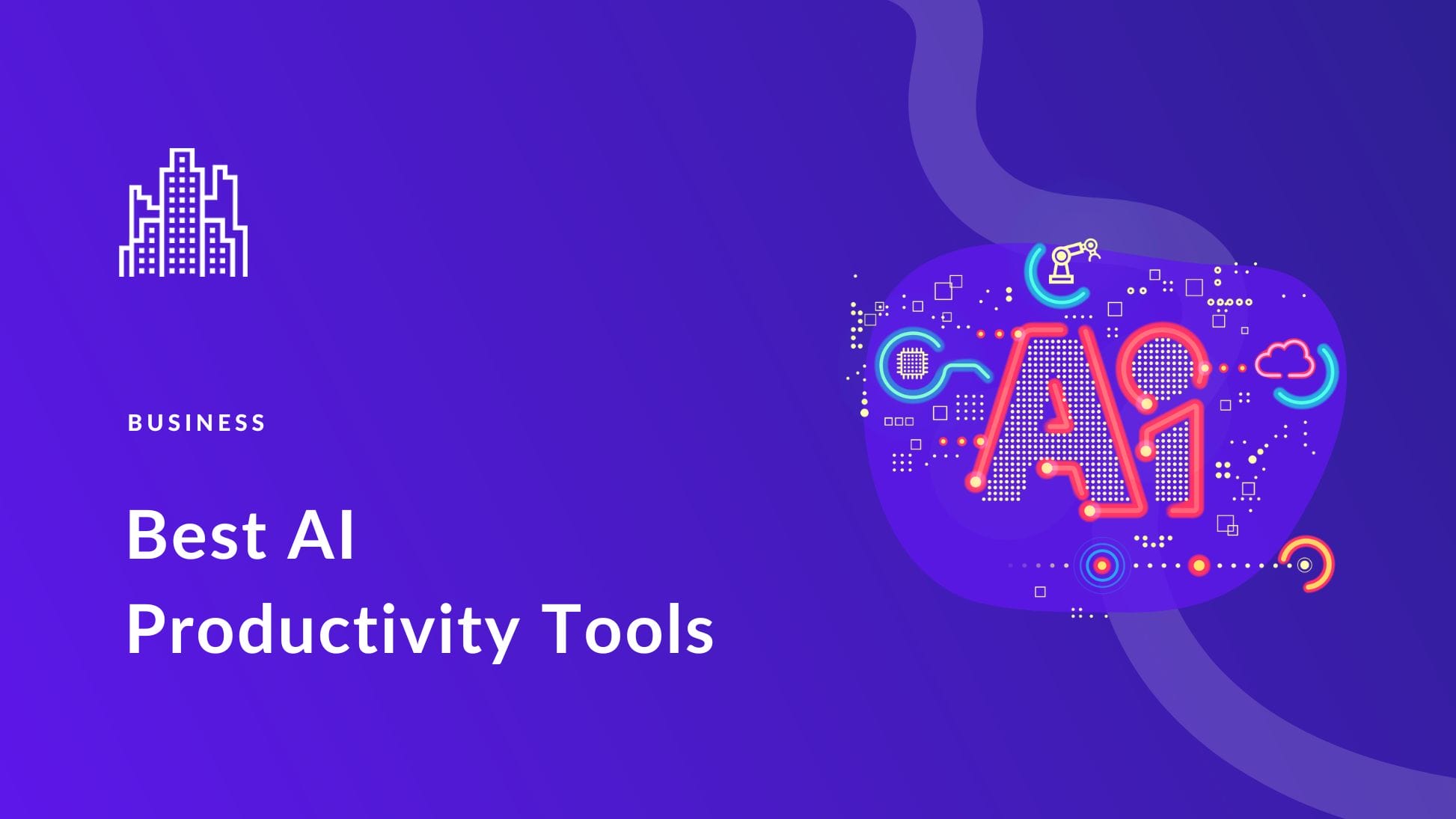
Credit: www.elegantthemes.com
Frequently Asked Questions On Ai Tools For Product Managers
How Do Product Managers Use Ai?
Product managers use AI to analyze market trends, customer feedback, optimize features, predict user behavior, and automate repetitive tasks.
Can Product Managers Be Replaced By Ai?
Currently, AI cannot fully replace product managers due to the role’s complex, creative, and strategic responsibilities that require human oversight.
How To Use Chat Gpt In Product Management?
Utilize ChatGPT for instant market analysis and consumer insights. Employ ChatGPT to draft Product Requirement Documents and create user stories. Feed it strategic frameworks to uncover actionable insights.
What Do You Need To Be An Ai Product Manager?
To be an AI Product Manager, you need: 1. Understanding of AI and machine learning concepts. 2. Experience in product management methodologies. 3. Technical skills for AI-based product development. 4. Strong analytical and problem-solving abilities. 5. Communication and leadership skills.
Conclusion
Embracing AI tools is pivotal for product managers aiming to stay ahead. Such technology fosters efficient, data-driven decision-making. It optimizes time and enhances product strategy. Remember, harnessing AI effectively equates to keeping a competitive edge. Steer your products to success; let AI tools be your compass.


